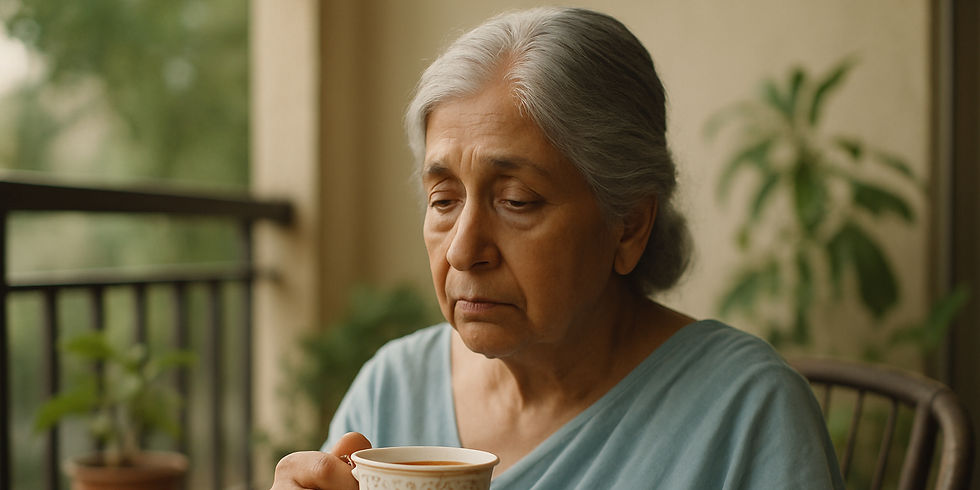"The Importance of Caregiving for Stroke Patients: Supporting Recovery and Preventing Complications"
- Mar 22, 2023
- 1 min read
Updated: Apr 24, 2024
Caregiving is crucial for stroke patients as it can help facilitate their recovery, improve their quality of life, and prevent complications. After a stroke, patients may experience physical, cognitive, and emotional challenges that can affect their daily life.

Caregivers can provide support and assistance with activities of daily living, such as bathing, dressing, and eating, as well as help patients manage medications, attend medical appointments, and participate in rehabilitation.
Stroke patients may also experience cognitive and emotional changes, such as memory loss, difficulty with problem-solving, and depression. Caregivers can help patients manage these changes by providing emotional support, engaging them in activities, and helping them stay socially connected.

Moreover, caregivers play a critical role in preventing complications such as falls, infections, and pressure sores. They can also help patients make lifestyle changes such as modifying their diet, quitting smoking, and increasing physical activity to reduce the risk of a second stroke.
Overall, caregiving is essential for stroke patients as it helps to improve their physical, emotional, and social well-being. Caregivers can help patients achieve a better quality of life, remain independent, and live safely in their homes.
Caregiving is a challenging role, but it can also be a rewarding one as it allows caregivers to make a positive impact on the lives of stroke patients.






Comments